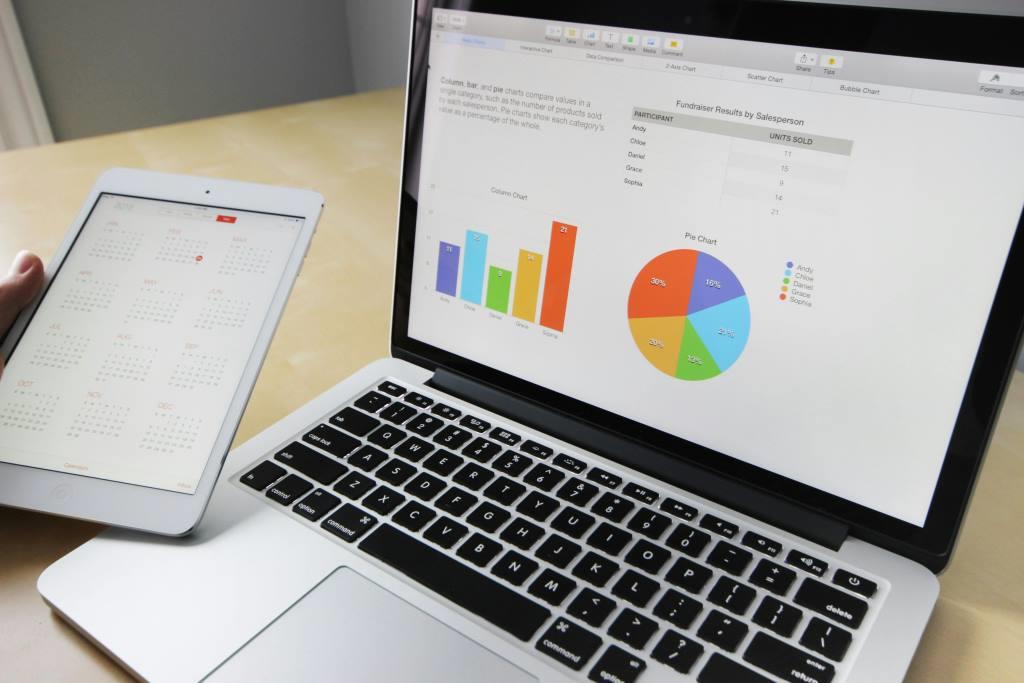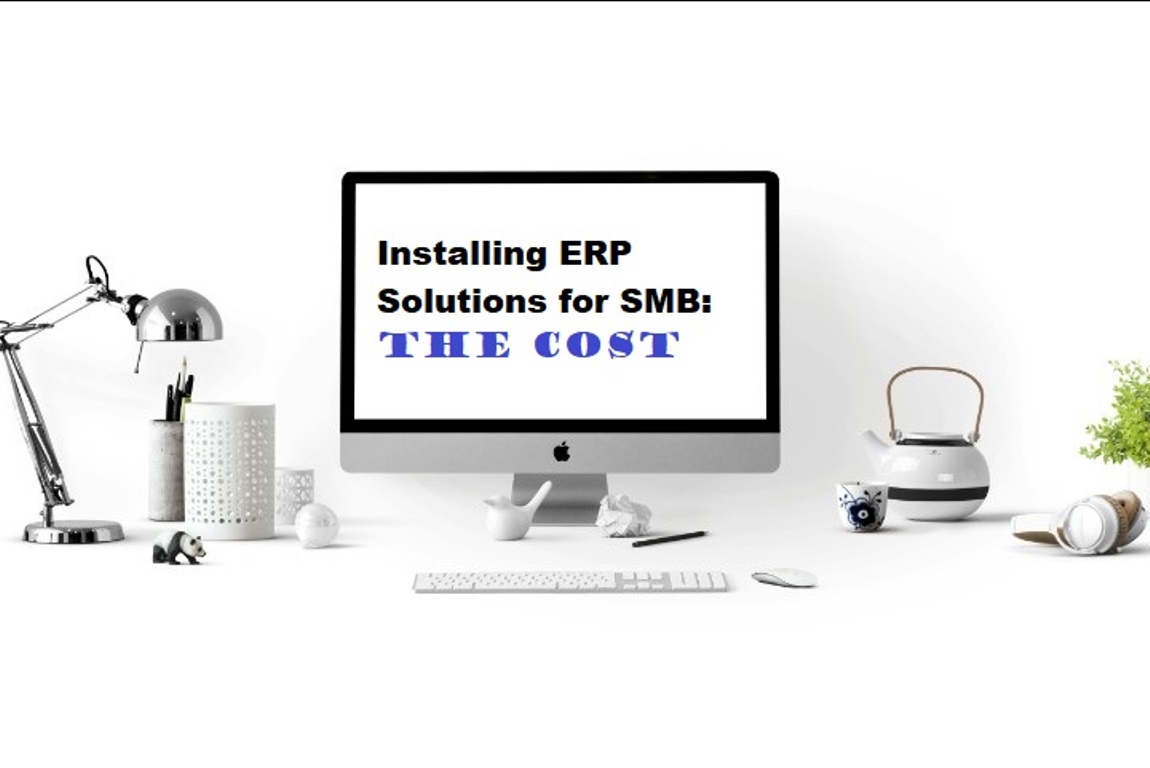For some Kenyan businesses, the only reason they are yet to implement ERP solutions is because they don’t understand or appreciate how they stand to benefit from any Enterprise Resource Planning (ERP) software. So they continue with the traditional ways of running their businesses, relying heavily on spreadsheets and emails. Small or startup companies are especially less enthusiastic about venturing into ERP system, considering it unnecessary and needlessly expensive.
For starters, ERP software is business management software designed to simplify workflows by consolidating business activities into a fully integrated application through an overall integrated database.
Technology is changing how businesses are run so it helps to find tools that can help your business have an edge. Remember, the competition is stiff outside there. There are reliable ERP Solutions in Kenya; one only needs to scratch beneath the surface.

But how does ERP provide solutions to a business?
-
ERP Solutions Lowers Overall Costs
At the end of the day, a business needs a profit. To maximize profit, a business has to find ways to reduce the cost of production, etc. ERP system is one tool that can significantly help your business lower overall costs. First, it will either reduce or do away with many operational costs as well as administrative procedures.
Long-winded and time-consuming tasks such as manual data entry can be eliminated with their endless paperwork when the ERP software is adopted by a business.
How else does this tool cut costs? Due to its ability to monitor all activities of a business in one place, you can always remotely identify which areas are gobbling up excess resources and can then figure out how to reduce that. This monitoring also enables a business to avoid over-production of goods or over-ordering of inventory because it’s easy to track everything.
-
ERP Secures Business Data
ERP is all about integration. This includes even the business data. In the absence of a business management software such as an ERP system, business data is spread across multiple systems where data can easily be compromised. For example, where critical business data are in spreadsheets and other documents that can be accessed on employees’ desktops and shared widely via email, it takes one hacker or unscrupulous employee to compromise all the company data. The end result of such a security breach could be incalculable especially if the data include customer information.
The cure is a cloud ERP system through which all business information is usually spread across multiple remote servers to establish redundancies and protect against a single point of failure. This adds another layer of security — a crucial move if your company handles a lot of sensitive customer data. Furthermore, an ERP system limits who can view and edit data. The system can be set up such that employees only see the information they need; they have to seek for permissions to go beyond what’s allowed. This reduces opportunities for foul play.
-
ERP Helps a Business Comply with All Regulations
Some businesses are highly regulated. Take food industries, for instance. To avoid running into legal tussles, a company tries its best to comply with all the regulations. An ERP system makes it even easier to comply with any regulations because records are integrated therefore easy to locate. The software has customizable reporting tools that enable you to track compliance and modify things where necessary.
The company can easily be audited since the auditor can easily access all the information for review. Regulators can also access all the want easily. All you need to do is ensure the records are accurate and updated.
-
ERP is Mobile-Friendly
As already said, technology is changing how businesses are run. Employees are now more used to their smartphones and tablets than desktops. They prefer doing tasks away from the desktops. New-generation ERP systems take this trend into account, hence ensuring there are mobile-friendly tools in place to enable such employees can access ERP dashboards and reports via a mobile browser or an app.
Indeed, for some companies a mobile-friendly ERP solution is a must-have since they have employees in the field or who travel a lot in the line of duty, and who need to update the company, or be monitored.
-
ERP Leads to Accurate Forecasting
Forecasting is a very important part of running a business but you can only forecast or schedule upcoming business operations after taking into account what to expect in the future. You need to analyze historical data other business aspects to predict what the future holds in terms of demand, expenses, revenue, etc.
An ERP system utilizes accurate and comprehensive information hence you can expect it to offer reliable forecasting. It can predict when the demand will increase so that you purchase more inventory, for instance.
-
ERP Improves Customer Experience
The customer experience is crucial these days. Businesses are falling over each other trying to attract and retain more and more customers. The level of service a company offers determines how many customers it retains. With an ERP system, a company can use tools that integrate customer information such as contact details, preferences and order history. Such a move enhances personalized experience – something many customers values nowadays.
On the other hand, an ERP system means accurate inventory and forecasting, meaning items arrive on time and customers are not inconvenienced. This also works to improve customer experience.
-
ERP Systems are Customizable
There is something for everyone on ERP platforms. Companies of various sizes will get something that works for them. Businesses can tailor the ERP system to meet their specific requirements.
Some stakeholders retort that business management software like ERP systems are generally complex. Well, the reason for the complexity is that the systems want to carter for various businesses’ needs. So what is considered its weakness is actually the source of its strength. The moment an ERP system becomes a simple, it cannot satisfy many business. Remember that businesses are at various stages of evolution and the systems are designed to meet their particular needs at those stages.
The ability to customize the system will enable it to meet you where you are. Talk of flexible systems.
-
ERP Encourages Collaboration
ERP systems are visible to all users with access credentials. The users can remotely brainstorm and work hand-in-hand on projects via the ERP system, thanks to the integration of all company information and processes.
Working together on tasks or projects will help eliminate situations where employees end up duplicating work due to miscommunication.
Wrapping It Up
Once you are convinced your business needs ERP solutions, the next step is to ensure you go for the right IT company offering the best ERP Solutions in Kenya. Take the time to evaluate different ERP providers and the solutions they offer. Do your research, ask relevant questions, go through the advantages and disadvantages, and only invest in the best ERP platform that can take your business to the next level.
We as Pechant Telec also offer ERP solutions for business such as Manufacturing , distributor , contactors , Business service, retailers , hospital , education institutions etc.




